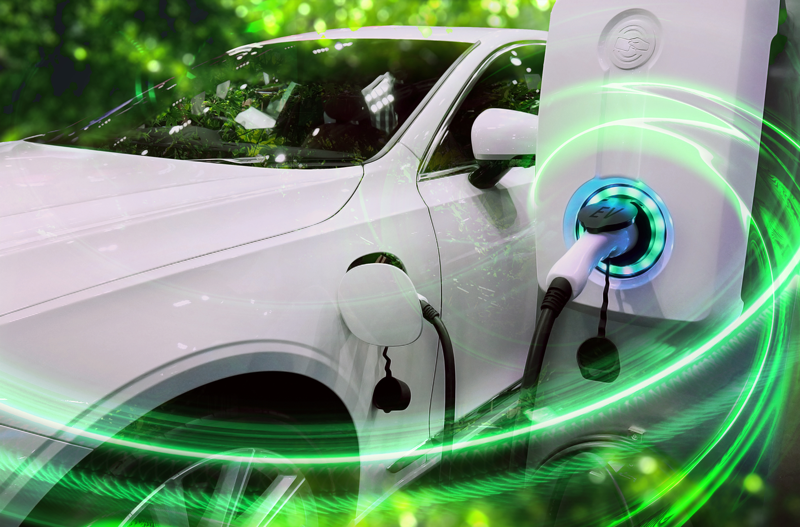
Electric Vehicles or Internal Combustion Engines in 2024? Which do you prefer?
Internal Combustion Engines vs. Electric Vehicles
The automotive landscape is undergoing a transformative shift with the rise of electric vehicles (EVs), challenging the dominance of internal combustion engine (ICE) vehicles that have been the standard for over a century. In this blog, we’ll explore the pros and cons of internal combustion engines and electric vehicles to help you navigate the evolving choices in the automotive market.
Internal Combustion Engines – Pros:
Proven Technology:
Internal combustion engines have a long and proven track record. The technology is mature and well-understood, making maintenance and repairs generally more straightforward and cost-effective compared to newer alternatives.
Infrastructure and Convenience:
Petrol and diesel refuelling infrastructure is well-established globally. The convenience of finding a petrol station almost anywhere is a significant advantage for those who rely on their vehicles for long-distance travel or in areas with limited electric charging infrastructure.
Range and Quick Refuelling:
Internal combustion engines offer a longer driving range on a full tank of fuel compared to many electric vehicles. Additionally, refuelling with petrol or diesel is a quick process, taking only a few minutes, making it more convenient for drivers with tight schedules.
Internal Combustion Engines – Cons:
Emissions and Environmental Impact:
One of the most significant drawbacks of internal combustion engines is their contribution to air pollution and greenhouse gas emissions. Burning fossil fuels releases carbon dioxide and other pollutants, contributing to climate change and poor air quality.
Fuel Dependency and Cost:
The ongoing reliance on fossil fuels subjects drivers to fluctuating fuel prices. Additionally, the finite nature of fossil fuel resources raises concerns about long-term availability and geopolitical issues affecting oil-producing regions.
Complexity and Maintenance:
Internal combustion engines have a complex system of moving parts, leading to more frequent maintenance requirements. Regular oil changes, exhaust system repairs, and component replacements contribute to higher ongoing maintenance costs.
Electric Vehicles – Pros:
Zero Emissions and Environmental Benefits:
One of the most significant advantages of electric vehicles is their contribution to a cleaner environment. EVs produce zero tailpipe emissions, helping reduce air pollution and combat climate change, especially when powered by renewable energy sources.
Lower Operating Costs:
Electric vehicles generally have lower operating costs. With fewer moving parts and no need for oil changes, maintenance expenses are reduced. Additionally, electricity is often cheaper than traditional fuel, contributing to long-term savings for EV owners.
Instant Torque and Quiet Operation:
Electric motors provide instant torque, offering a responsive and smooth driving experience. EVs also operate quietly, contributing to a more serene and enjoyable ride.

Electric Vehicles – Cons:
Limited Range and Charging Infrastructure:
Despite improvements, electric vehicle ranges may still be a concern for some consumers, especially for long-distance travel. The availability and accessibility of charging infrastructure are growing but may still be limited in certain regions.
Upfront Cost and Depreciation:
The initial purchase price of electric vehicles tends to be higher than that of traditional vehicles, although it is gradually decreasing. Additionally, concerns about the resale value and rapid technological advancements leading to depreciation can influence purchasing decisions.
Charging Time:
While charging infrastructure is expanding, the charging time for electric vehicles is still longer compared to refuelling a traditional vehicle with petrol or diesel. Fast-charging stations are addressing this issue, but they are not as widespread as standard charging points.
Conclusion:
The decision between internal combustion engines and electric vehicles hinges on individual preferences, priorities, and lifestyle. While ICE vehicles offer familiarity, convenience, and an established infrastructure, EVs provide environmental benefits, lower operating costs, and a glimpse into the future of sustainable transportation. As technology continues to advance, both options will likely evolve, providing consumers with an even broader range of choices that align with their needs and values.
Read more about the options we have for electric vehicle finance right here
There is also some great information regarding grants here


